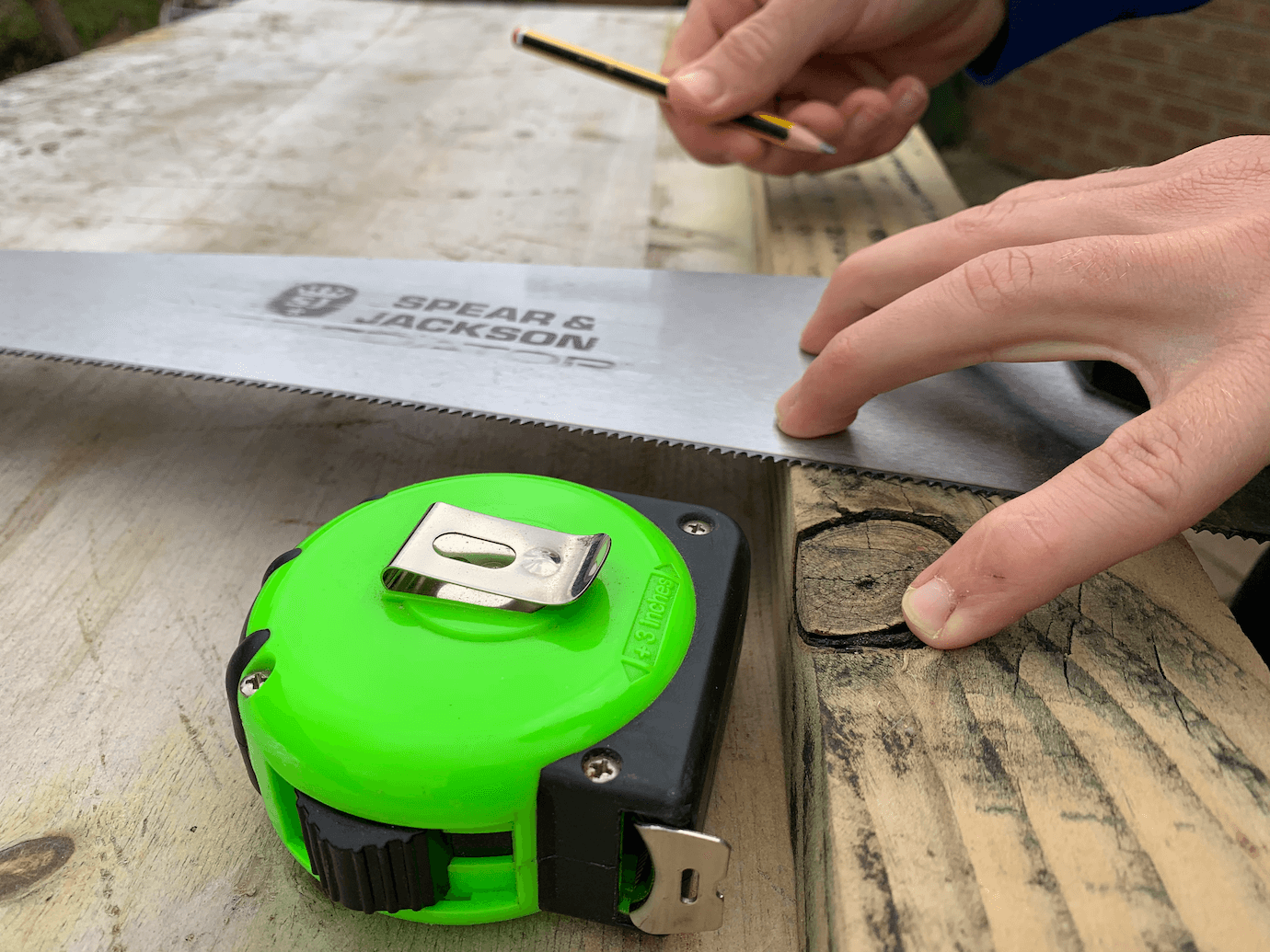Are they carers or carents? We explain why we developed the label carent to identify and distinguish adults who look after ageing parents
Recognition for adults who look after ageing parents
Our conversations with mid life adults who support older parents revealed the importance of giving these people an identity which would more specifically recognise their role and contribution.
Carents do not identify as carers
Traditionally, health and care professionals, researchers and policy makers use labels like “carer” or “family caregiver” but our discussions with these individuals found that they did not readily identify with these terms.
The term carer is non specific and includes child carers, parents caring for ill or disabled children, and spouse carers. All of these roles are challenging and are in need of extra support but the specifics of that support will vary according to the type of care relationship.
Identity promotes wellbeing for adults who look after ageing parents
There was a general perception that the roles and responsibilities undertaken by mid life adults who support older parents are not explicitly or separately recognised. The lack of recognition makes it more difficult for society to provide the relevant emotional, material, financial support carents need. There is also evidence that lack of identity affects wellbeing.
Changing family roles and responsibilities
Further discussions confirmed that terms like son, daughter, child were not satisfactory because they did not capture the care giving element, nor the changes in family relationships whereby some caregiving roles between parent and child become reversed.
Carent and Carenting
And so, with support from many in that role, we developed the terms Carent and Carenting in the hope of enabling and improving specific recognition, connection and support for all those involved in providing vital care for ageing parents.
We tested these labels with adults who look after ageing parents and they found them to be acceptable and relevant.
These terms are also much shorter and easier to use than the alternative long winded descriptions.






